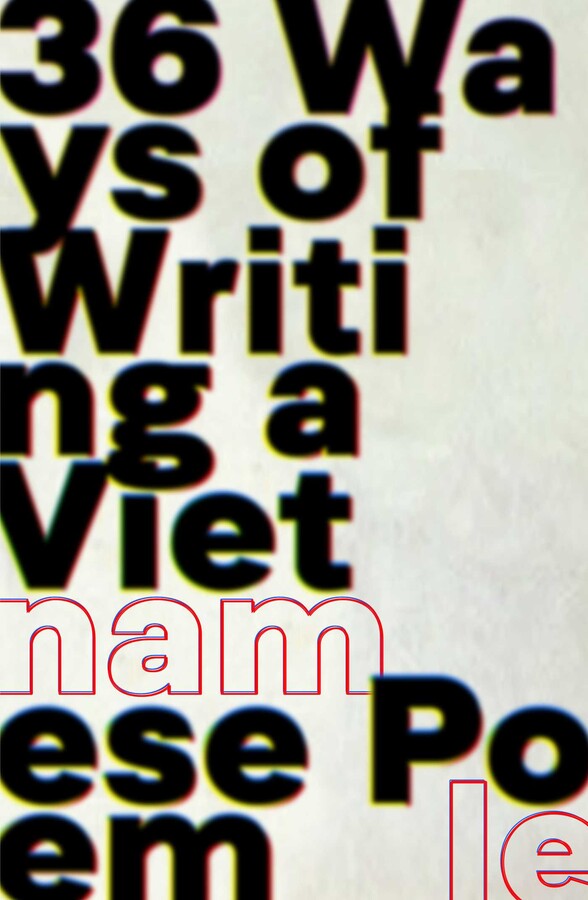The Disappearing Act of Translation
The world we live in provides us with a great deal of information that is not really intended to inform. We must be informed, for example, that a phone call is being recorded for training purposes. Thus language becomes an accessory to the black arts of spin, propaganda, manipulation and arse-covering. Words are twisted and violated, making it difficult to recover the meanings, the distinctions, that we need. What was clear becomes murky, while murkiness is hidden behind a veneer of false clarity. Protean language becomes complicit in the world’s nefarious purposes. Take the hijacking of the word ‘rendition’, which has come to mean ‘moving someone from a place where they can’t be tortured to a place where they can’: a diabolical mix of expediency and propriety, of global mobility and legalism. If you can’t do it in the United States, export it to Egypt or Poland.1 The term ‘rendition’ has been co-opted from a specific legal sense, meaning ‘to hand over’, to a vaguely plausible-sounding, altogether more dubious destination. This upsets me because my primary association with the word ‘rendition’ is, of course, with translation, and particularly the venerable magazine Renditions, published from the Chinese University of Hong Kong for more than thirty years, and such a wonderful source of Chinese literature in English translation, classical to contemporary.
Continue reading for only $10 per month. Subscribe and gain full access to Australian Book Review. Already a subscriber? Sign in. If you need assistance, feel free to contact us.







